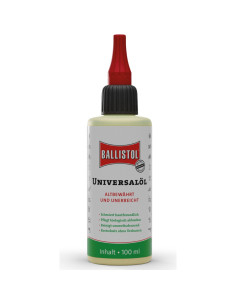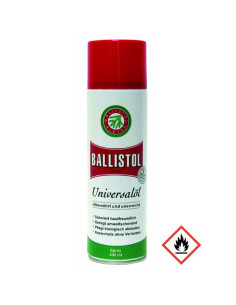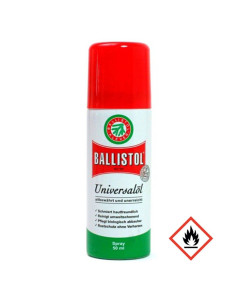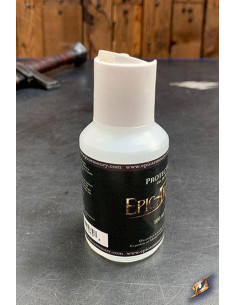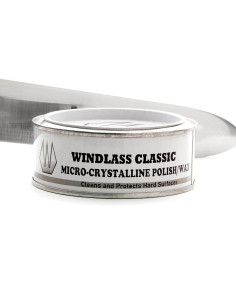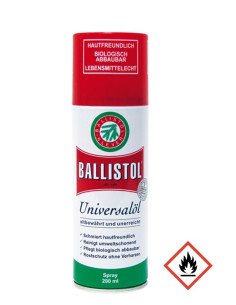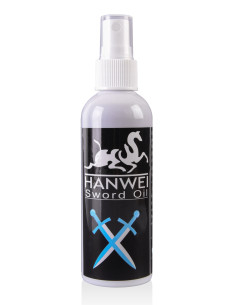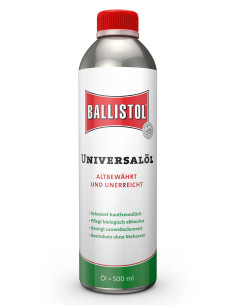Sword lubricants
The Importance of Sword Maintenance
For sword enthusiasts and collectors, proper maintenance is essential not only for preserving aesthetics but also for ensuring the functionality of the weapon. Inadequate care can lead to irreversible damage, causing the sword to lose its value and effectiveness. Thus, the use of specific lubricants becomes essential.
Sword lubricants not only protect the blade from corrosion and wear but also ensure smooth and effective slipping when using them. With the proper application of these products, the lifespan of swords can be extended, keeping them in optimal condition for both competitions and display.
Types of Lubricants for Swords
On the market, we can find various types of lubricants specially designed for swords. From lightweight oils that prevent rust buildup to waxes that provide a shiny and durable finish. These products are formulated to adapt to different materials and usage conditions, ensuring optimal protection.
It is advisable to use a type of lubricant that not only cleans the sword blade but also protects it against wear and friction. Therefore, it is essential to know the specific characteristics of each lubricant and how they can be effectively applied for proper maintenance.
How to Apply the Lubricant Correctly
Applying the lubricant is a process that requires care and precision. Before applying any product, it is important to thoroughly clean the sword blade, removing dirt and residue from other treatments. Then, the lubricant can be applied using a clean cloth, distributing it evenly.
By avoiding excess product, an ideal finish can be achieved that not only protects the sword but also highlights its beauty. Additionally, following the manufacturer's instructions will ensure proper use of the product, preventing possible damage to the sword due to improper applications.
Maintenance Frequency
The frequency with which lubricant should be applied to the sword can vary depending on the intensity of use and storage conditions. For those who use their sword regularly, it is recommended to apply lubricant every time the cleaning is done, while display swords will require less frequent maintenance.
However, it is important to periodically check them to avoid damage from humidity or dust accumulation. Creating a maintenance routine can help identify signs of wear and ensure that the sword remains in perfect condition over time.
Additional Benefits of Using Lubricants
The use of lubricants not only prevents rust but also offers an additional layer of protection against contaminants and natural wear. This is especially relevant for swords that may be exposed to different conditions, whether during practice, combat, or simply stored at home.
By applying a good lubricant, the overall user experience is improved, allowing swords to slide smoothly in their sheath and avoiding unnecessary damage to the blades. Therefore, being careful in the choice and application of the lubricant will determine the durability and appearance of swords in the long run.
Why is it important to use lubricants on swords?
Using lubricants on swords is essential to preserve both their functionality and aesthetics. Without proper maintenance, swords can rust, wear down, and lose their shine. Lubricants help prevent these problems, ensuring that the sword remains in excellent condition over time.
What is the best way to maintain my sword?The best way to maintain a sword is by regular cleaning and applying specific lubricants. Cleaning the blade after each use and applying the lubricant evenly are recommended practices. Additionally, storing the sword in a dry and protected place will contribute to its preservation.
How often should I apply lubricant to my sword?The frequency of lubricant application will depend on the use of the sword. If used regularly, it is advisable to lubricate and clean it after each use. If the sword is only for display, once every few months may be sufficient, although it’s always good to check its condition regularly.
Can I use any type of oil for my sword?Not all oils are suitable for swords. It is vital to choose specific lubricants that are safe for the blade material and provide the necessary protection. Oils designed for short weapons are ideal, as they offer the proper properties for effective sword maintenance.
Do lubricants help improve the sword's glide?Yes, lubricants are designed not only to protect but also to improve the glide of the blade. This is fundamental when inserting or removing the sword from its sheath. Proper maintenance with suitable lubricants ensures smooth and effortless movement, prolonging the durability of the sword components.
Is it necessary to clean the sword before applying the lubricant?Absolutely, cleaning the sword before applying any lubricant is crucial. It is necessary to remove dust, dirt, and any residue that may have remained from previous applications. This way, it ensures that the lubricant adheres correctly and functions as expected, providing the appropriate protection.
Do lubricants affect the appearance of the sword?When applied correctly, lubricants not only preserve the functionality of the sword but can also enhance its appearance. Many products offer a shiny and attractive finish, improving the aesthetics of the blade. However, it is important not to overapply to avoid stains or unwanted buildup.
Discover how our sword lubricants can help you keep your weapons in perfect condition. Protect your swords from wear and corrosion while improving their glide and appearance. Visit our online store and find the ideal product for you today.

















